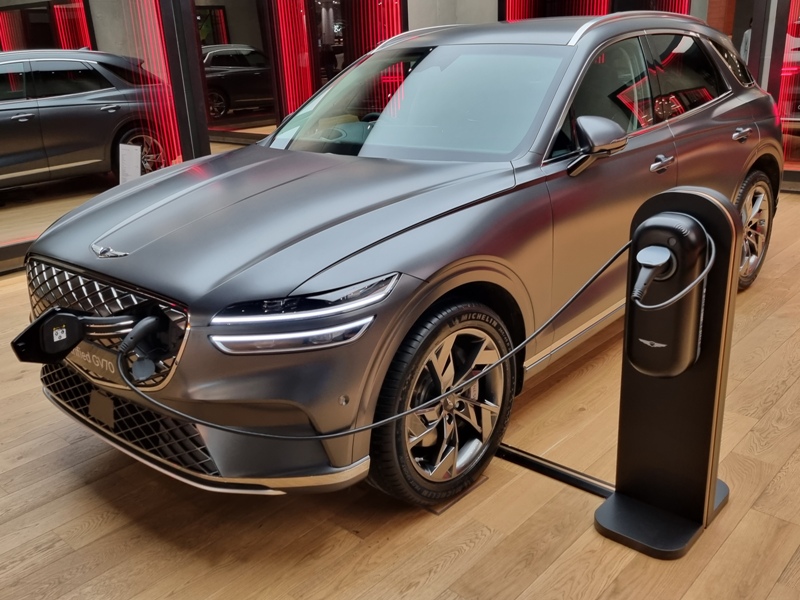
SUV’s raising concerns on their impact on efforts to tackle climate change
Global SUV sales increased despite supply chain obstacles and rising inflation, growing by around 3% between 2021 and 2022. In 2022, SUVs accounted for around 46% of global car sales, with noticeable growth coming in the United States, India and Europe. And an increasing number of SUVs were electric, accounting for around 16% of total SUV sales in 2022, above the average overall market share for EVs. For the first time ever, electric SUVs last year accounted for over half of global electric car sales. Over 400 electric car models were available on the global market in 2022, of which around 55% were SUVs; up from around 40% four years ago.
The shift towards heavier and less fuel-efficient conventional vehicles increases growth in both oil demand and CO2 emissions. Between 2021 and 2022, oil use in conventional cars, excluding SUVs, remained roughly the same, but the oil consumption of SUVs globally increased by 500 000 barrels per day, accounting for one-third of the total growth in oil demand. On average, SUVs consume around 20% more oil than an average medium-size non-SUV car. The combustion-related CO2 emissions of SUVs increased by nearly 70 million tonnes in 2022. Altogether, the 330 million SUVs on the road today emit nearly 1 billion tonnes of CO2.
SUVs require larger batteries to power them, so a growing electric SUV market would impose additional pressure on battery supply chains and further increase demand for the critical minerals needed to make the batteries. Addressing those risks ahead of time is possible through a number of actions: downsizing of the average car size; increasing battery swapping; and investing in innovative battery technologies. Those strategies would keep in check the investment requirements for developing the cobalt, copper, lithium and nickel resources needed to satisfy the increasing uptake of EVs.
Information Source: Read More “
Energy Monitors , Electric Power , Natural Gas , Oil , Climate , Renewable , Wind , Transition , LPG , Solar , Electric , Biomass , Sustainability , Oil Price , Electric Vehicles,

